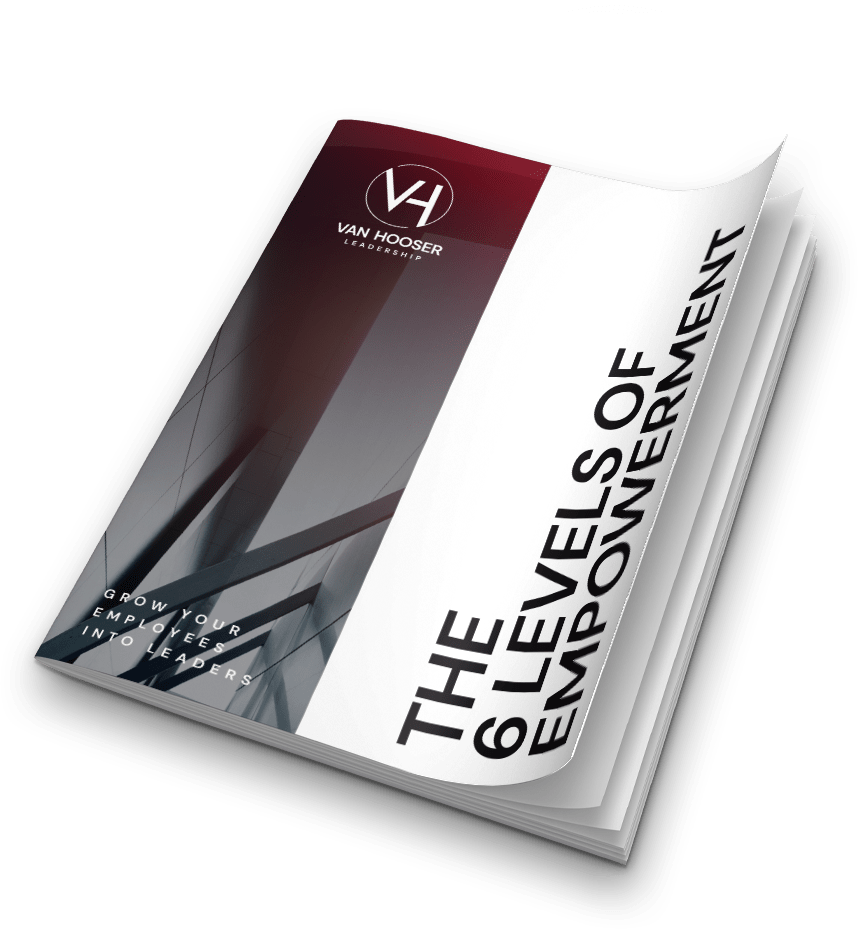With the speed of change and complex business problems, the role of an intentional leader is more critical than ever. Navigating leadership requires a purposeful approach and avoiding common leadership mistakes. Let’s explore three key behaviors to avoid if you want to be an intentional leader 24/7/365. Are you unwittingly making any of these three leadership mistakes?
Leadership Mistake 1: Whining
As leaders, it’s natural to feel the weight of the challenges we face, whether they be personal, professional, or global. However, it’s crucial not to fall into the trap of whining or complaining about our circumstances. While acknowledging the difficulties is important, dwelling on them or positioning ourselves as having it worse than others can be counterproductive and unattractive to those we lead.
Remember that everyone is facing their own struggles, and some may be dealing with far more severe consequences than we are. As intentional leaders, we must rise above the temptation to whine and instead focus on finding solutions, supporting our teams, and maintaining a positive outlook. By doing so, we can inspire others to do the same and create a more resilient and cohesive team.
Leadership Mistake 2: Whispering
In a rapidly changing business environment, communication is key. However, the act of whispering – whether literally or figuratively – can be detrimental to intentional leadership. When leaders engage in side conversations or withhold information from certain team members, it creates an atmosphere of doubt and mistrust.
Those who are excluded from these conversations may become paranoid, wondering if they are the subject of the discussion or if there is information being kept from them. This erosion of trust can have long-lasting consequences on team dynamics and performance.
Intentional leaders must prioritize transparency and inclusive communication. If information needs to be shared, it should be done so openly and consistently. By avoiding whispers and side conversations, leaders can foster a culture of trust and collaboration, even in the face of uncertainty.
Leadership Mistake 3: Wondering
The final leadership mistake for intentional leaders is to avoid wondering or sharing unconfirmed information as fact. In times of heightened stress and uncertainty, people are more likely to latch onto any information they receive, making it crucial for leaders to be mindful of what they share.
Before sharing information with your team, take the time to verify its accuracy. Spreading misinformation or speculation can lead to confusion, anxiety, and poor decision-making. As an intentional leader, your team looks to you for guidance and clarity, and it’s essential to maintain their trust by only sharing information that has been confirmed and validated.
If you find yourself wondering about a particular issue or piece of information, resist the urge to share those thoughts until you have had the opportunity to investigate further. By being intentional about the information you disseminate, you can help your team stay focused, informed, and confident in the face of uncertainty.
Intentional leadership is about making a conscious effort to lead effectively and purposefully, even in the most challenging of circumstances. By avoiding three common leadership mistakes — whining, whispering, and wondering — leaders can navigate uncertainty, complexity, and rapid change with greater trust, transparency, and wisdom.
Make sure that when you open your mouth and people hear from you that they know that they can take that information to the bank. ~ Phillip Van Hooser
Remember, your team is always looking to you for guidance and support. By rising above complaints, fostering open communication, and sharing only verified information, you can inspire trust, resilience, and unity within your organization.
For more helpful leadership ideas, check out our other blog posts!
Sign up for the blog and get a bonus gift!
What Do You Say
Which of these three leadership mistakes do you think is the most important for leaders to avoid, and why? What other behaviors would you add to the list?










